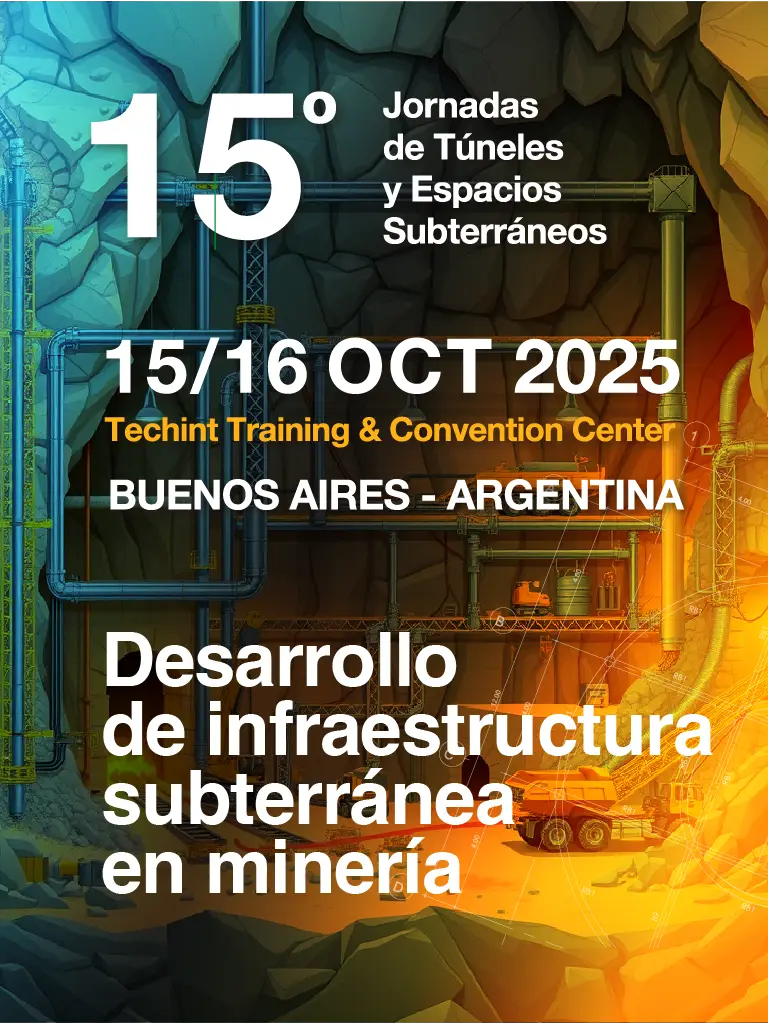The magnificent «Palacio de las Aguas Corrientes» was the stunning venue for this training session on sustainability and eco-friendly tunnelling, which was organized on 6th September in collaboration with the Argentinian Tunnelling and Underground Space Association (AATES).
The course was part of the 7th Tunnelling and Underground Workshops, a successful three-day event which this year was entitled «Towards Sustainable Construction of Tunnels and Underground Space». The event was attended by Pablo Bereciartua, the Argentinian Secretary of Public Works, Eng. Germán Bussi, from the Ministry of Transport and the ITA President, Dr. Tarcisio Celestino.
The aim of the one-day ITACET session was to provide an introduction to the environmental impacts of tunnel construction and operation and the way to adopt a more eco-friendly and sustainable approach to resource consumption.
Two renowned ITA lecturers gave lively talks to an audience of over a hundred: Mr Robert Galler, (pictured below), Head of Subsurface Engineering at Montan Universität, Leoben, Austria, and member of the Executive Board of the ITACET Foundation, and Mr Michel Deffayet, Director of the Centre for Tunnel Studies, Lyon, France and Technical Director of the Foundation.
This training session kicked off with an introduction to sustainability concepts and an overview of the main environmental impacts of tunnel construction. Both qualitative and quantitative impact assessment methods were presented in detail.
Environmental issues with regard to excavated materials are becoming an increasingly important aspect of tunnelling projects and this was demonstrated through a presentation of current European and national policies. The end-user requirements of minerals were also discussed and the industrial classification of minerals was presented, along with the chemical and physical characterization of excavated material.
The training session rounded off with a look at maintenance plans for tunnel structures and equipment. An open discussion enabled the participants to put their questions to the lecturers, who were eager to share their knowledge and views.









